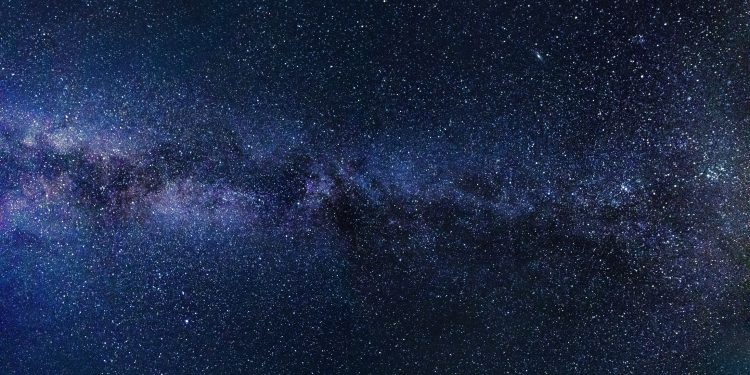NASA has potentially detected a life-forming molecule on a planet that is roughly 120 light-years away.
Planet K2-18b may contain dimethyl sulphide (DMS), a molecule that only life can produce on Earth, according to BBC News.
This was discovered by the James Webb Space Telescope, and scientists have stated that more data needs to be collected as the current evidence is “not robust.”
K2-18b does have a water ocean. Methane and CO2 have been found in the planet’s atmosphere.
University of Cambridge professor Nikku Madhusudhan noted, “On Earth, DMS is only produced by life.”
“The bulk of it in Earth’s atmosphere is emitted from phytoplankton in marine environments,” he went on.
“If confirmed, it would be a huge deal and I feel a responsibility to get this right if we are making such a big claim,” he added.
K2-18b is about nine times the size of Earth and is considered a rocky planet. It is unlike the Earth and other planets within Earth’s solar system.
Another member of the analyst team, Dr. Subhajit Sarkar of Cardiff University, said, “Although this kind of planet does not exist in our solar system, sub-Neptunes are the most common type of planet known so far in the galaxy.”
He also noted, “We have obtained the most detailed spectrum of a habitable-zone sub-Neptune to date, and this allowed us to work out the molecules that exist in its atmosphere.”
Independent researcher at the Royal Astronomical Society in London, Dr Robert Massey noted, “We are slowly moving towards the point where we will be able to answer that big question as to whether we are alone in the Universe or not.”
“I’m optimistic that we will one day find signs of life. Perhaps it will be this, perhaps in 10 or even 50 years we will have evidence that is so compelling that it is the best explanation,” he concluded.


























 Continue with Google
Continue with Google